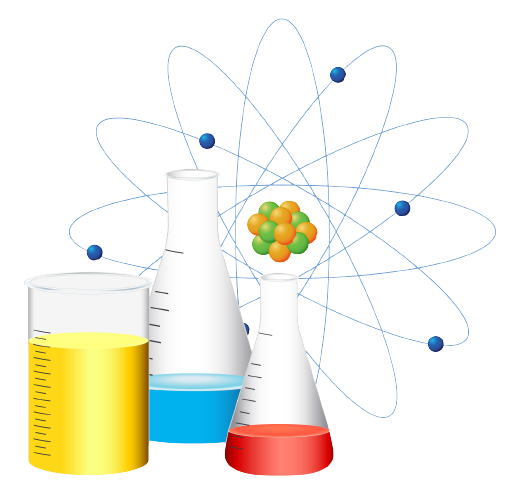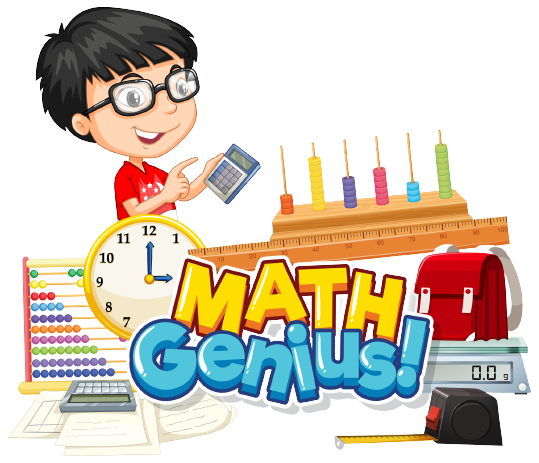Our mission is to provide comprehensive and dynamic learning experiences for students of all ages and backgrounds. With a diverse range of subjects and a team of expert educators, we offer a rich curriculum designed to foster academic excellence, critical thinking, and practical skills development.
At Learning Zone 360, we believe that education goes beyond the boundaries of a traditional classroom. Through interactive and engaging teaching methods, we aim to ignite curiosity, inspire creativity, and nurture a lifelong love for learning. Whether students are mastering core subjects like mathematics, English, and science or exploring exciting disciplines like coding, agriculture, and geography, our academy is committed to cultivating well-rounded individuals ready to thrive in an ever-evolving world.

Building Brighter Futures, One Lesson at a Time
Chemistry is introduced as a fundamental discipline with significant implications, covering basic concepts such as matter, elements, compounds, and mixtures. Laws governing chemical combinations, including the Law of Conservation of Mass and the Law of Definite Proportions, are explored, leading to an in-depth study of chemical reactions and the art of writing and balancing chemical equations. The discovery of subatomic particles, including electrons, protons, and neutrons, is discussed alongside the evolution of atomic models such as Thomson’s, Rutherford’s, and Bohr’s models.


Physics serves as the gateway to comprehending the intricacies of the physical world, initiating with an exploration of physical quantities and their standard units in the International System of Units (SI). Measurement techniques and instruments are introduced, emphasizing the principles of accuracy and precision, along with considerations of significant figures and scientific notation. The study of motion encompasses various types such as rectilinear, circular, and projectile motion, examining displacement, velocity, acceleration, and the equations governing uniformly accelerated motion.
Biology, defined as the study of living organisms, encompasses a broad scope, delving into various branches and employing the scientific method for inquiry and experimentation. The foundational knowledge includes basic laboratory techniques and emphasizes the vital role of biology in everyday life. The scientific process involves identifying biological problems or questions, formulating hypotheses, designing and conducting experiments, collecting and analyzing data, and ultimately drawing conclusions and communicating results. Biodiversity, crucial for ecological balance, is explored in terms of species, ecosystems, and genetic diversity.


The study of algebra encompasses various fundamental concepts, with matrices being a key component. Matrices involve types, operations such as addition, subtraction, and multiplication, and exhibit specific properties. Determinants, defined by their properties and calculation methods, are closely related. Additionally, the inverse of a matrix and its properties are crucial topics. The practical applications of matrices and determinants extend to diverse fields. Real numbers, including rational and irrational numbers, are explored, emphasizing their properties and representation on the number line.
The field of computers encompasses a rich history and is defined by various key components. Computers are classified into diverse categories such as supercomputers, mainframes, desktops, and laptops, each serving distinct purposes. The applications of computers span various fields, and their ethical and responsible use is emphasized. The Central Processing Unit (CPU) plays a central role in computer functionality, complemented by the significance of memory (RAM and ROM) and the intricacies of the motherboard and its components.


The development of advanced reading skills is a key focus, encompassing inference, analysis, and interpretation. Students engage with a diverse range of literary and informational texts, including novels, short stories, poems, and articles. The curriculum involves a meticulous analysis of literary elements such as plot, character, theme, and symbolism, while also delving into the author’s purpose, point of view, and stylistic choices. The integration of texts with real-world issues is emphasized, fostering critical thinking. Writing skills are honed across various genres, including narrative, descriptive, expository, and persuasive writing
The historical landscape is marked by transformative events that have shaped the modern world. The French Revolution, a pivotal moment, and the rise of Napoleon Bonaparte, along with his policies, significantly impacted Europe. Concurrently, the Industrial Revolution ushered in profound consequences, bringing about notable social and political changes. Examining these events allows a deeper understanding of their significance in shaping the contemporary global order. Shifting focus to post-independence India, the making of the Indian Constitution and its salient features are explored, emphasizing Fundamental Rights and Duties.


Geography, as a discipline, is defined by its exploration of the Earth’s features and phenomena, playing a crucial role in understanding the world. The branches of geography—physical, human, and regional—provide distinct lenses through which to examine the planet. Essential tools and techniques, such as maps, globes, and Geographic Information Systems (GIS), enable geographers to analyze spatial relationships effectively. Key geographic concepts, including location, place, region, movement, and human-environment interaction, form the foundation of geographical inquiry.
WhatsApp us